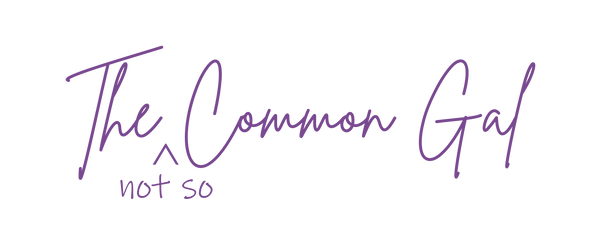
Project 2025: Unpacking Its Damaging Impacts on Democracy
In the ever-evolving landscape of global politics, initiatives like Project 2025 emerge with promises of innovation and reform. However, beneath its ambitious veneer, Project 2025 harbors potential threats to the core tenets of democracy. As citizens and advocates for democratic values, it’s crucial to scrutinize such projects critically. Here’s an in-depth analysis of Project 2025 and its damaging impacts on democracy.
What Is Project 2025?
Project 2025 is a comprehensive initiative purportedly aimed at revolutionizing various sectors, including governance, technology, and economy, to prepare for future challenges. It promises efficiency, innovation, and a forward-looking approach to societal issues. However, the methodologies and underlying intentions of Project 2025 raise significant concerns.
Centralization of Power
One of the most alarming aspects of Project 2025 is its tendency towards centralizing power. By consolidating decision-making processes within a limited group of elites, the project undermines the foundational democratic principle of distributed power. This centralization can lead to:
-
Erosion of Checks and Balances: With fewer individuals holding more power, the system of checks and balances integral to a healthy democracy is weakened.
-
Reduced Accountability: Concentrated power often results in reduced transparency and accountability, allowing those in power to act without sufficient oversight.
Suppression of Dissent
Democracies thrive on the free exchange of ideas and the right to dissent. Project 2025, however, appears to prioritize uniformity and control over open dialogue. This can manifest in several detrimental ways:
-
Censorship: Increased control over media and information flow can stifle dissenting voices, limiting public discourse and debate.
-
Surveillance: Enhanced surveillance measures, justified under the guise of security and efficiency, can infringe on individual privacy and civil liberties, creating a climate of fear and self-censorship.
Economic Disparities
While Project 2025 aims to drive economic growth, its policies may exacerbate existing inequalities. By prioritizing technological advancements and corporate interests, the project risks leaving behind marginalized communities:
-
Techno-elitism: Emphasis on high-tech solutions can create a divide between those with access to advanced technology and those without, deepening socioeconomic inequalities.
-
Corporate Influence: Greater influence of corporate entities in policy-making can sideline the needs and rights of ordinary citizens, skewing benefits towards the wealthy elite.
Undermining Local Governance
Democracy is not just about national leadership but also about empowering local communities. Project 2025’s top-down approach can undermine local governance:
-
Disempowerment of Local Authorities: Centralized policies may disregard the unique needs and perspectives of local communities, weakening local governance structures.
-
Homogenization of Policies: A one-size-fits-all approach can be detrimental, as policies effective in one region may not be suitable for another, ignoring regional diversity and specific needs.
Impact on Democratic Engagement
A thriving democracy requires active participation from its citizens. Project 2025, however, may inadvertently dampen civic engagement:
-
Disillusionment: The perceived centralization and suppression of dissent can lead to public disillusionment and apathy towards political participation.
-
Voter Suppression: Policies that complicate the voting process or restrict voter access can disenfranchise significant portions of the population, weakening democratic engagement.
Conclusion
Project 2025, while ambitious and forward-thinking on the surface, poses significant threats to the principles and practices of democracy. By centralizing power, suppressing dissent, exacerbating economic disparities, undermining local governance, and dampening civic engagement, it challenges the very foundation of democratic societies.
As citizens, it is our responsibility to remain vigilant and critical of such initiatives. Democracy thrives on participation, transparency, and accountability. Let’s ensure that projects like 2025 do not compromise these essential values. Engage, question, and advocate for a future where democracy remains robust and resilient.
xoxoxo
-The Not So Common Gal
